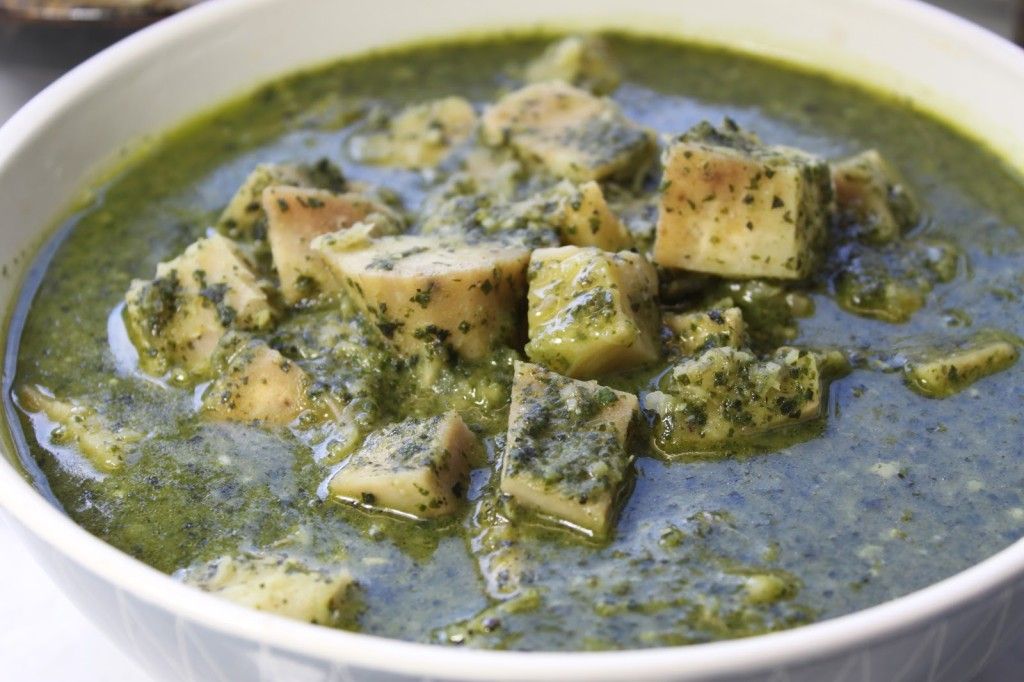“Dinner is ready!” As mom calls us for dinner, I begin to notice a delicious aroma that I had almost forgotten. I look to see what it is — the annual mouthwatering green soup with white cubes in the middle. Whether it is eaten with bread, rice, or simply on its own, cooked taro is an essential dish in every Coptic Christian household on the Feast of the Epiphany. Although some children dislike it, others anticipate this feast to enjoy its taste. The celebration will not be complete on the Feast of the Epiphany without having cooked taro. Epiphany (Eid Al Ghitas) is annually celebrated on 19 January, 12 days after Christmas on January 7. In the Christian faith, the feast commemorates the baptism of Jesus Christ by John the Baptist. In the Coptic Orthodox Church, baptism is the process of immersing a child into holy water, representing a new life for newborns. Symbolic for this holy sacrament, taro also needs to be submerged in water to be thoroughly cleansed and cooked, since raw taro is poisonous. A deep-rooted Coptic tradition, Copts cook taro in celebration of this feast because…
Why do Coptic Christians in Egypt Eat Taro on Feast of the Epiphany?
January 17, 2023



